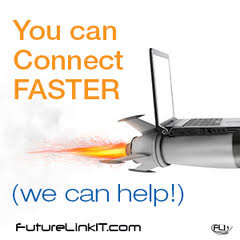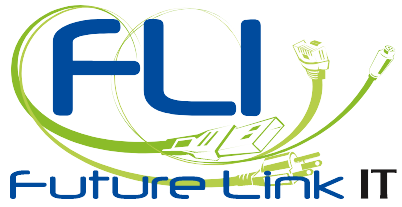
It’s easy to take for granted how your internet downloads data—that is, until it’s excruciatingly slow or prevents you from doing what you want to do online in the first place. Like when you’re binge-watching your favorite Netflix series and you get the dreaded “loading” or “buffering” gif:

Noooo… (We want to prevent this tragedy from happening to you. Read on to learn how.)
Internet speed works like the speed of cars on a highway; it is dependent on bandwidth, which is like the number of lanes available for a vehicle to travel on.
Bandwidth is the maximum amount of data that can be downloaded over a specific period. It is usually measured in megabits per second (Mbps), where 5 Mbps means you can receive up to 5 megabits of data per second.
The more lanes on the highway, the more freedom a vehicle has, to go as fast as its driver wants. The more bandwidth you get with your Internet service provider (ISP), the faster you can go.
The more vehicles on the highway, starts to cap everyone’s speed. Vehicles sharing the road are like Internet subscribers sharing bandwidth: Max out the number of vehicles the road has capacity for, and you may end up in bumper-to-bumper traffic; have too many subscribers sharing the same bandwidth and boom, you’ve just slowed your data speed.
(If you’re like me and need to visualize it, here’s a video showing how Internet speeds work, or you can geek out on the topic here.)
The way many ISPs work is to sell you on faster and faster Internet speed packages, then have an oversubscribed network crowded with customers—i.e., too much traffic for the number of lanes available.
Online video streaming like Netflix, for example, requires a minimum of 5 Mbps download speed. Netflix, however, recommends up to 25 Mbps for high definition (HD) streaming—not because HD video requires that (HD only uses about 1.5 Mbps), but because most ISPs oversubscribe their networks and don’t deliver the speeds they promise.
This explains why, although you may be paying for an expensive high-speed Internet service package, you often don’t experience it. This is where Future Link can help.
Future Link’s data highways are built for peak-level traffic, so there is rarely ever a traffic jam… Wouldn’t it be nice if Chicago had roads big enough for rush hour traffic?
Our Internet service offers competitively fast connections throughout the greater Chicagoland area, and because of a recent expansion, Future Link’s networks and services are available to more local residential and commercial customers than ever.
Many of our clients swear they get faster speeds with our 15-25 Mb plans than they ever got from cable “50 Mb” plans, simply because there is less traffic on our Internet highway, so to speak.
Unhappy with your current internet service provider? We’d love to get you out of heavy traffic and back on the road to happy surfing and streaming. Fill out the contact information form at the bottom of this page to learn if we serve your area.

